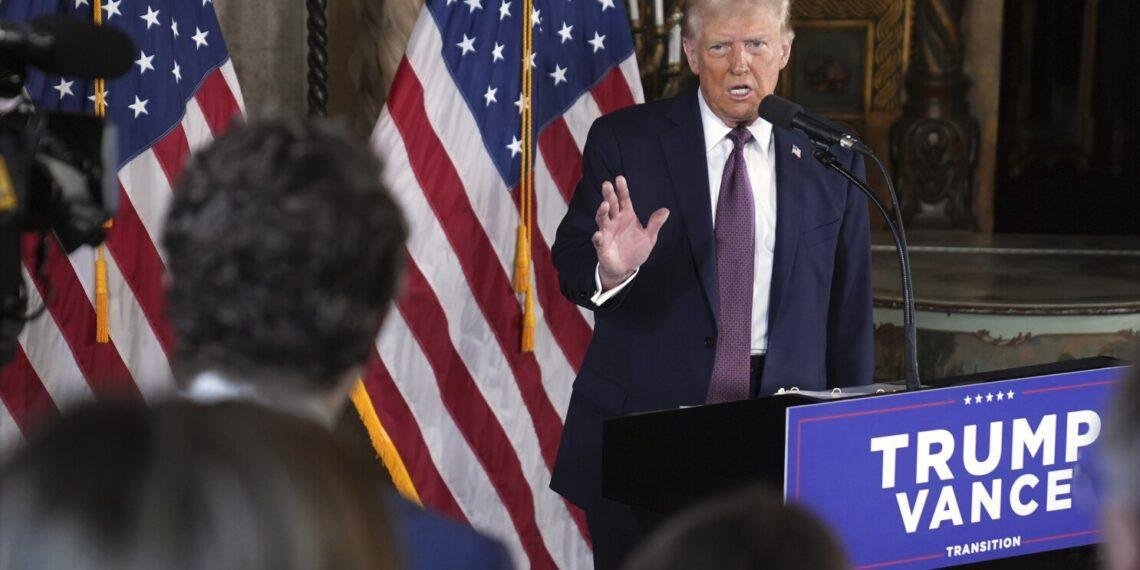The Trump administration announced on Tuesday the end of a decades-old policy that prohibited federal immigration agencies from making arrests in sensitive locations like schools, churches, and hospitals. Acting Homeland Security Secretary Benjamin Huffman revealed the decision in a statement, granting agents broader discretion in enforcement actions and eliminating key pathways for migrants seeking legal entry into the United States.
“Criminals will no longer be able to hide in America’s schools and churches to avoid arrest,” the statement read. “The Trump Administration will not tie the hands of our brave law enforcement, and instead trusts them to use common sense.”
This announcement dismantles a 2011 Immigration and Customs Enforcement policy, as well as similar guidance issued during the Biden administration, which restricted arrests in places deemed essential to community safety and public trust. Immigrant advocates have expressed deep concern over the decision, warning it could instill fear in immigrant communities, deter children from attending school, and discourage individuals from seeking medical care.
Criticism of the Biden administration’s handling of immigration policies was also a focal point of the announcement. The Trump administration accused its predecessor of exploiting the humanitarian parole program, which allowed specific migrants to live and work temporarily in the U.S. Republicans have long claimed that this program was abused under Biden, enabling large-scale migration across nationalities.
The new directive will phase out parole programs, returning them to a “case-by-case” review process. “The Biden-Harris Administration abused the humanitarian parole program to indiscriminately allow 1.5 million migrants to enter our country,” the statement asserted. “This action will return the humanitarian parole program to its original purpose.”
Read also: Trump’s Triumphant Return: A new dawn for America under 47th president
For immigrants like Carmen, a grandmother living in the San Francisco Bay Area, the policy change has already ignited panic. After learning about the decision, Carmen expressed concern about sending her two young grandchildren to school. “Oh, dear God! I can’t imagine why they would do that,” she said, uncertain whether schools will remain safe for immigrant families.
The policy shift marks a significant change in the federal government’s approach to immigration enforcement and has reignited debates over how to balance national security with the rights and safety of vulnerable communities. As the Trump administration’s new rules take effect, both supporters and critics brace for the far-reaching impact on immigrant families and local institutions.
This bold move is poised to redefine the landscape of U.S. immigration policy and remains a flashpoint for heated discussion across the nation.






